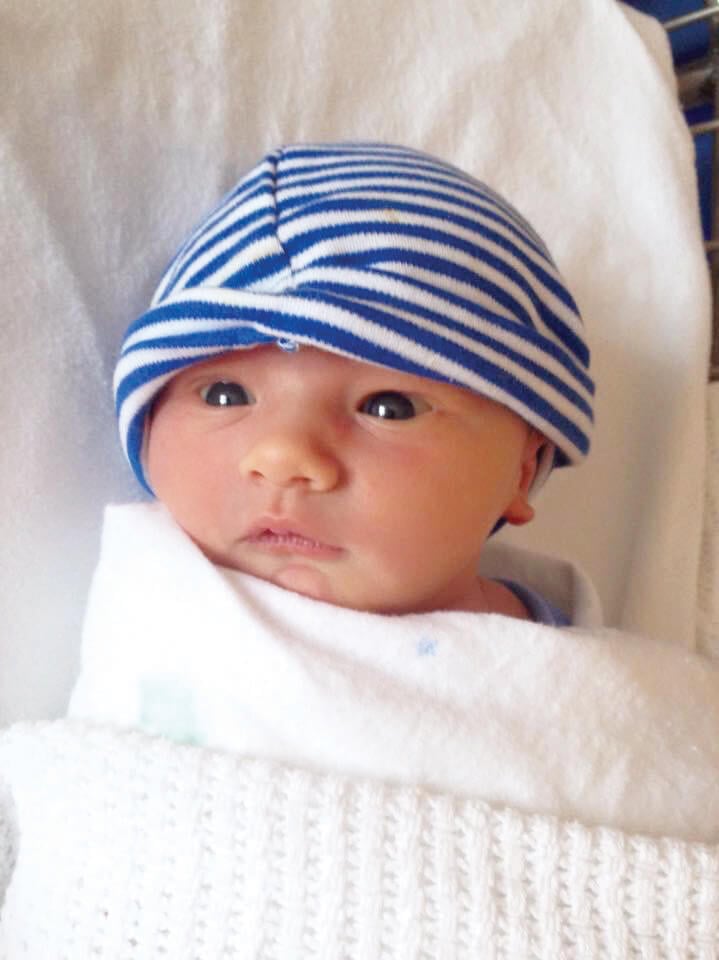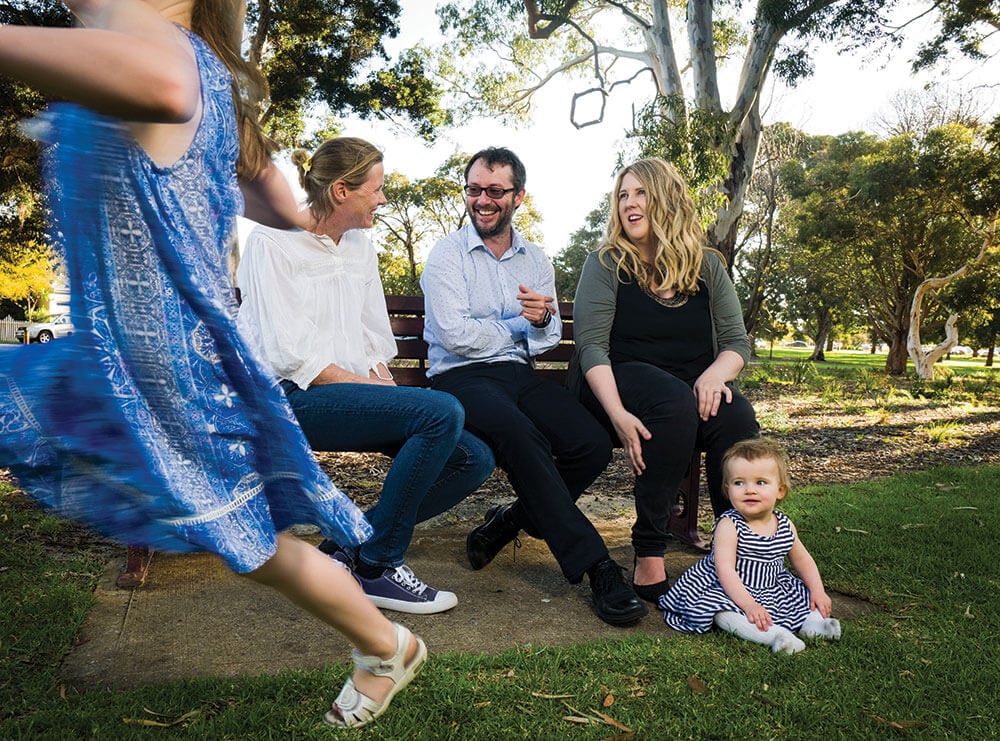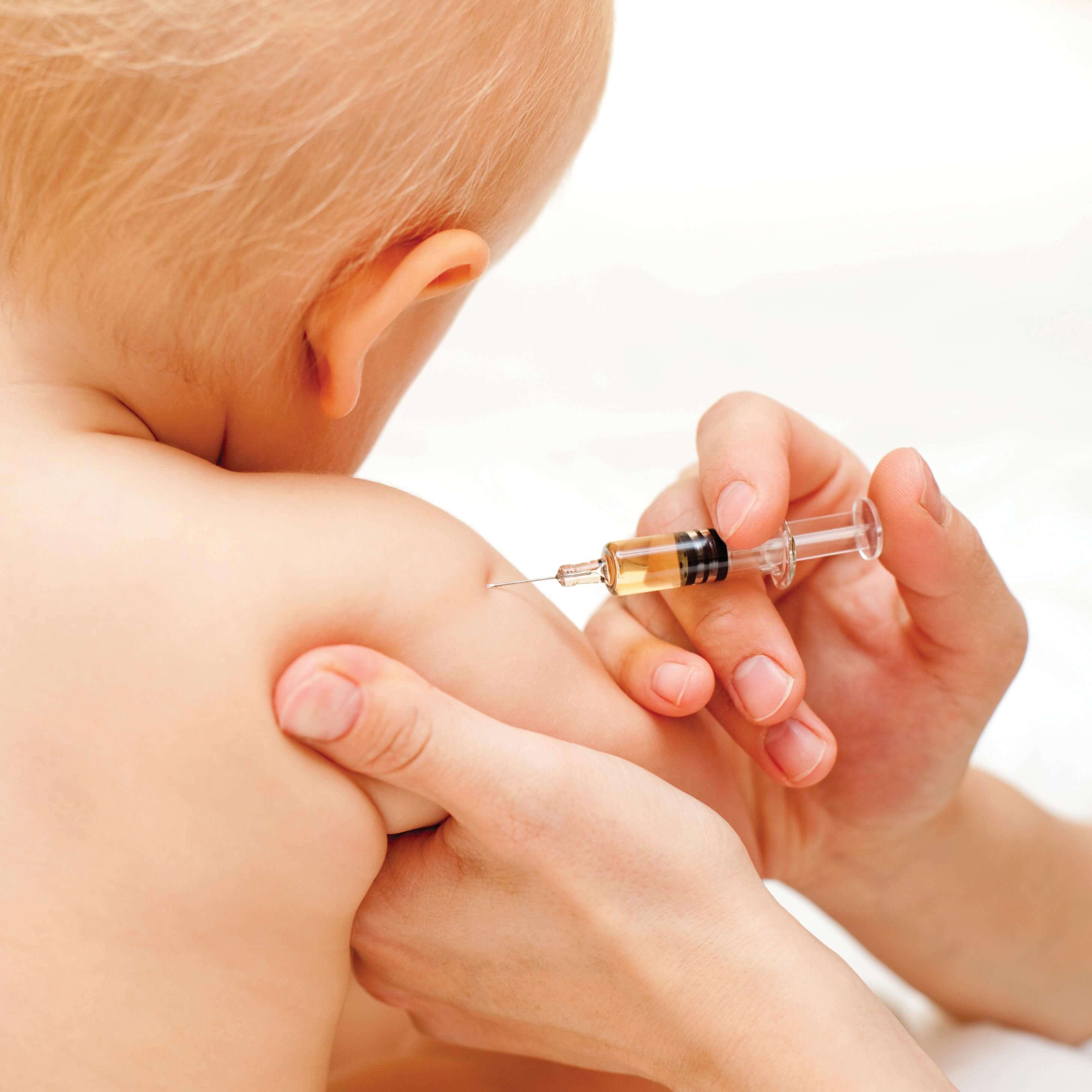
When Catherine and Greg Hughes lost their son Riley to whooping cough in 2015, they didn’t just lose their one month-old baby. They lost their boy as a rambunctious toddler; they lost him as a gap-toothed pre-schooler; they lost him as a lanky teen; they lost him as a young man, taking flight from the family nest.
“Losing Riley changed our lives forever,” Catherine says. “We still feel the loss of him every day.”
The Hughes family is living proof that more vital work is needed to ensure children are not losing their lives to deadly infectious diseases.
I guess we were a little naïve before Riley died,” Catherine explains. “We thought that by breastfeeding and following SIDS recommendations and having genuine common sense, it would be enough to protect Riley.
Infectious diseases are the most common cause of death worldwide, and by far the most common reason children are admitted to hospital.
“It goes to show that there are still periods in your child’s life where they are vulnerable and unprotected from these diseases. And despite you doing all the right things, something terrible can still happen.”
Infectious diseases are the most common cause of death worldwide, and by far the most common reason children are admitted to hospital. Worldwide, 10 million children under the age of five lose their lives to infections every year.
Headed up by Dr Tom Snelling, The Kids Research Institute Australia’s Wesfarmers Centre of Vaccines and Infectious Diseases undertakes research in key areas of infections and immunisation, with a dedicated team working tirelessly to find and deliver better ways to prevent and treat infections.

Thanks to a $5 million corporate gift from Wesfarmers in late 2013, followed by a recent corporate pledge of a further $6 million over the next four years, major in-roads are being made with the potential to save and improve millions of lives around the world. Exciting progress has been achieved towards the elimination of rheumatic heart disease by tackling group A streptococcus, while new vaccines are also being evaluated for influenza, pneumococcus, meningococcus and otitis media (glue ear).
“Glue ear, which can be caused by poor living conditions in some cases, is rarely a cause of death but it’s an important cause of disability, especially for Aboriginal kids,” Dr Snelling points out.
“When you’ve got poor quality housing children get exposed to bacteria that cause the ear disease, which results in the eardrum becoming ruptured. That would normally heal fairly quickly in most kids but for those who have recurrent infections, the eardrum often fails to heal.
“If children can’t hear properly, they don’t learn properly, and because they don’t learn properly, it can have long-lasting effects on employment and problems with the law. So it can set up a pretty vicious cycle.”
The team is also looking at different combinations of vaccines to better protect against whooping cough.
“What we really want is a more effective vaccine that will give longer-lasting protection because if you can achieve that, then you can effectively better protect young babies from getting infected, and they are the ones who get the most severe infections and who occasionally die,” he says.
Research is something Catherine and Greg are huge advocates of.
“Without it we are not going to discover new ways of preventing these diseases and new diseases cropping up. We need that research done to keep moving forward to save lives,” Catherine says.

When Riley was born, the Hughes family was living in a suburb with one of the lowest vaccination rates in WA. “It’s tough knowing that if our community had had better immunisation rates, it may have been prevented,” she says.
Dr Snelling says most parents are supportive of vaccinating but many are failing to vaccinate on time due to simply forgetting or being too busy to book in a trip to the GP.
The team is tackling this with a trial, set to commence in the coming months, to remind parents with text messages to help them stay on-time with the vaccination schedule.
“We’re hoping this cheap and simple intervention will result in less kids being needlessly susceptible to infection,” he says.
Such initiatives and continued advancements bring a degree of comfort to the Hughes family, who have continued to work to improve education on the importance of vaccinating through the Immunisation Foundation of Australia, which they started following Riley’s death.
“We didn’t expect this to happen to us, especially living in a country like Australia in 2015 but it did,” Catherine says. “The goal now is to stop it from happening to another family.”
A word from Wesfamers
Wesfarmers has been a long-term supporter of The Kids Research Institute Australia, partnering with the Institute as far back as 1994. Jo Williams, from Wesfarmers, explains why.
"Wesfarmers has a firm belief in making a positive contribution to the communities in which we operate. The Wesfarmers Centre of Vaccines and Infectious Diseases has been able to foster a vibrant, world-class community of researchers, based right here in Perth.
"Along with the significant breakthroughs and achievements in child health - such as the world-first clinical trials investigating new treatments for glue ear or the accelerated development of a group A streptococcus vaccine - importantly, the Centre have leveraged the Wesfarmers funding to secure additional resaerch funding for its programs and therefore its impact and reach into the community.
"Wesfarmers' support of the Institute and the Centre was recognised by its recommitment to another partnership term."
Want to help The Kids create a healthier future for children? People like you make all the difference. Join us by making a donation, fundraising, becoming a corporate sponsor, or making a bequest.
